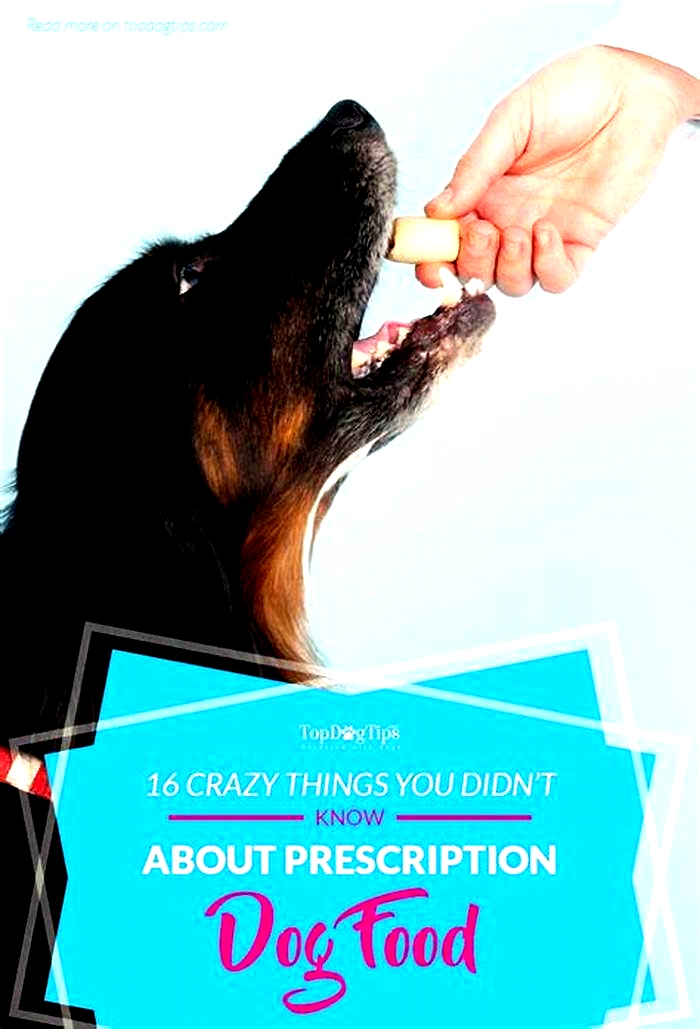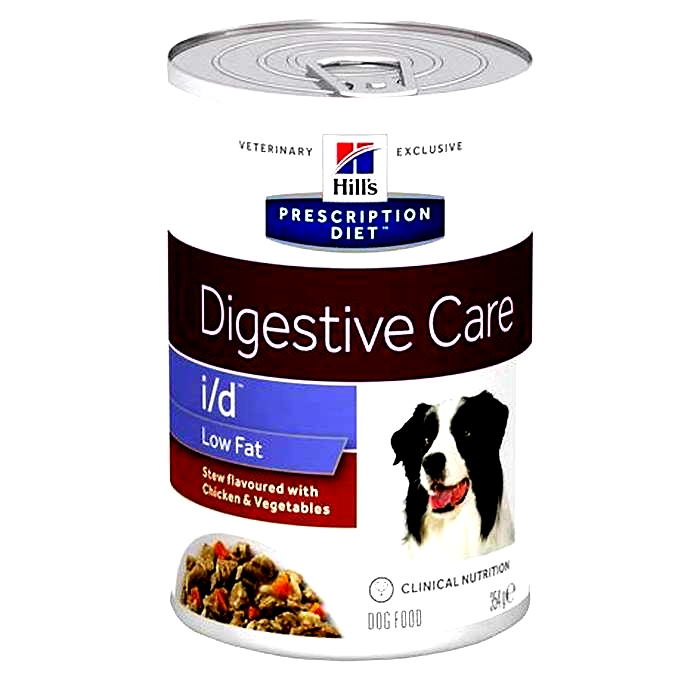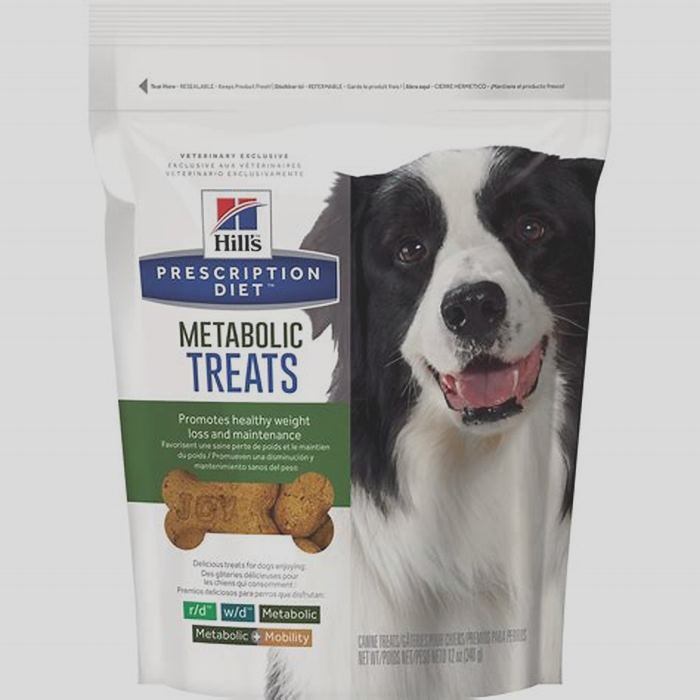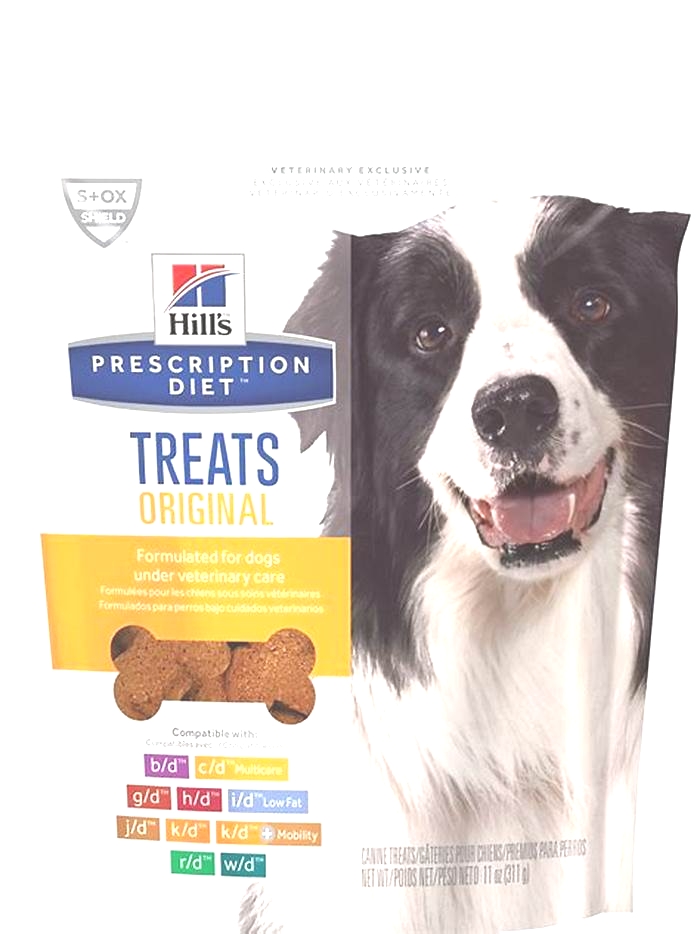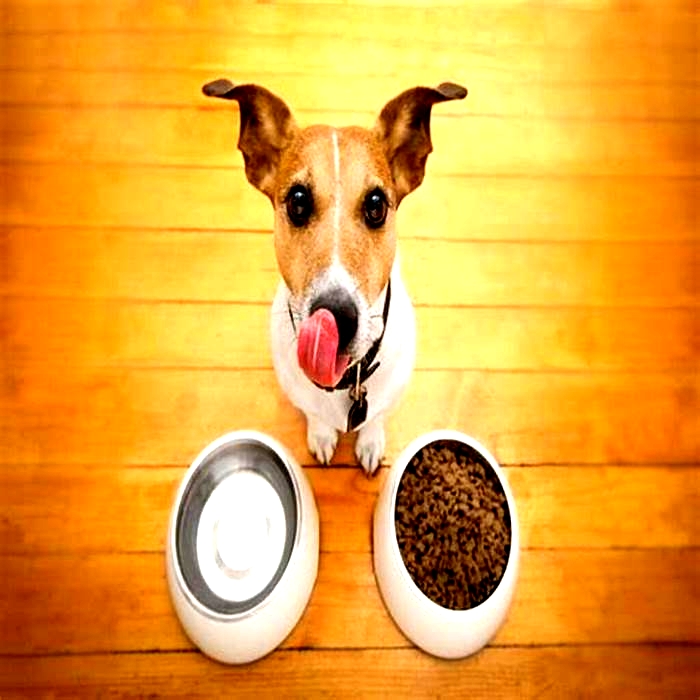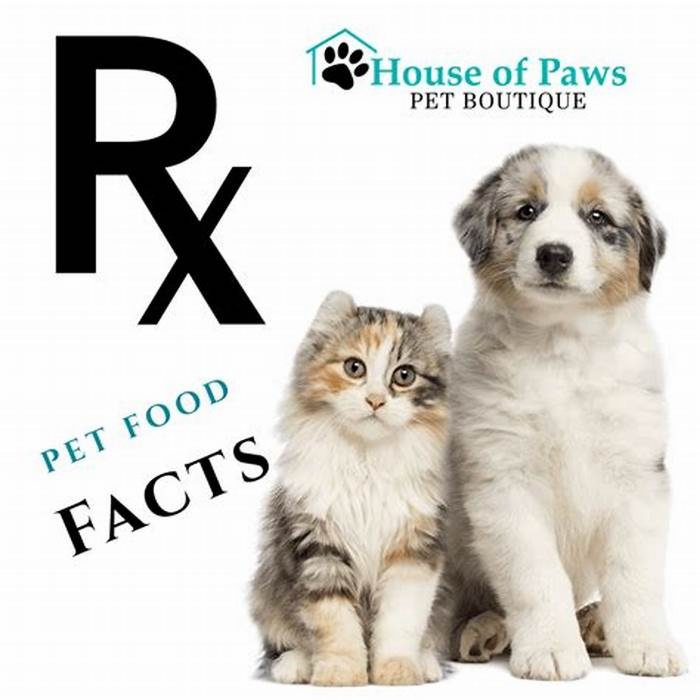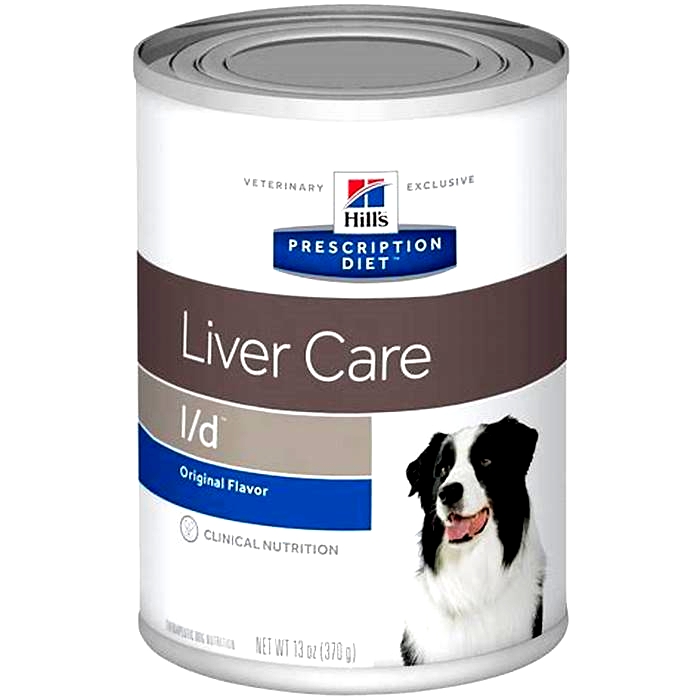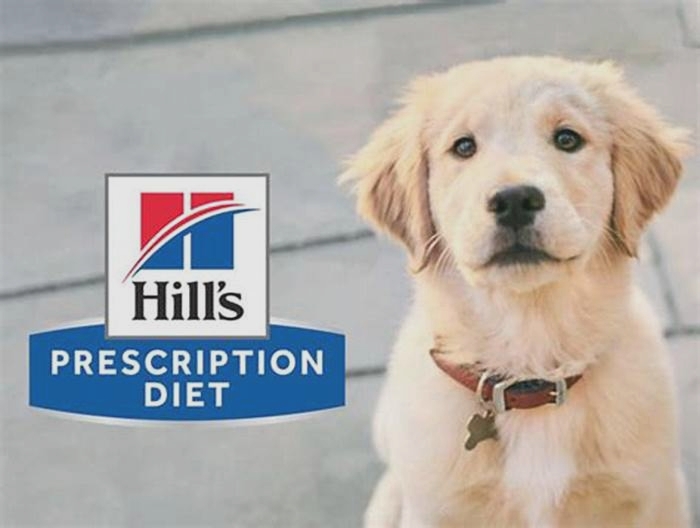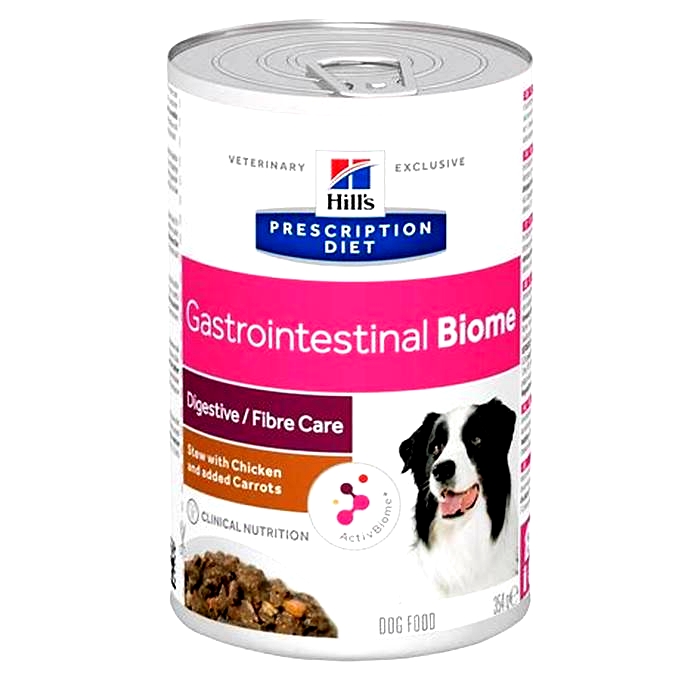From Prescription to Pet Bowl Understanding Hills Dog Diets
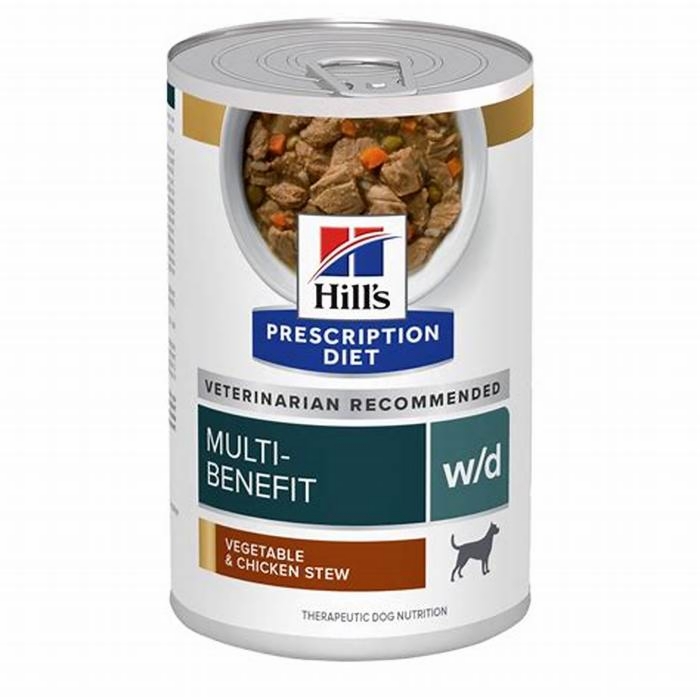
How to Manage IBD in Dogs
There are few things that get a dog parent out of bed faster than the unmistakable sound of your pup about to lose his dinner. Just like humans, dogs can vomit and have diarrhea from time to time. But if your dog's tummy issues don't resolve in a day or two, you might need to talk to your veterinarian about inflammatory bowel disease (IBD) in dogs and related conditions like colitis in dogs.
What Is IBD in Dogs?
IBD is a condition that involves inflammation of the walls of the gastrointestinal (GI) tract. Sometimes this condition is also called chronic enteropathy and then subdivided into groups based on how the dog responds to different treatments - food responsive, antibiotic responsive and steroid responsive. For simplicity's sake, we are just going to stick to the term IBD for this article.
The majority of a dog's immune system resides in the GI tract, so imbalances here affect overall health and well-being. Over time, IBD can lead to weight loss, decreased muscle mass and a poor coat.

What Causes IBD in Dogs?
When food is consumed it travels down the esophagus and stops in the stomach, where it undergoes digestion and breaks down into a more liquid substance called chyme. The chyme then passes into the small intestine, where further digestion occurs. The last stop in the GI tract is the large intestine, also called the colon. Here, bacteria break down the fiber in the food and water is absorbed. This process can be disrupted at one or multiple points by inflammation that alters the organs' ability to perform correctly. Inflammation in the stomach is called gastritis and usually results in vomiting. When the inflammation is in the small intestine it's classified as enteritis; in the colon, it's called colitis. The characteristics of your dog's diarrhea can help the vet determine if his GI issues are caused by enteritis or colitis, and can help in determining the proper treatment.
How Is IBD in Dogs Different From IBS?
The clinical signs of IBD can be similar to irritable bowel syndrome (IBS) in people, but the underlying cause is quite different. IBS in people is thought to occur as a result of abnormal movement of the muscle in the intestines. In IBD, the actual lining of the intestine is altered by inflammatory cells. The inflammation is an overreaction by the immune system either to something your dog ate or from a malfunction of the immune system, called an autoimmune disease. This results in discomfort and interferes with the GI tract's ability to properly absorb nutrients.
How Does a Vet Diagnose IBD in Dogs?
To determine if your dog has IBD, thevet will first perform baseline blood work and fecal testing; these tests help assess your dog's overall health and rule out other medical conditions. An ultrasound or radiographs may also be necessary to image the organs of the abdomen. In some cases, your dogs response to a therapeutic food may also help with the diagnosis. For a definitive diagnosis, a biopsy of the intestinal tissue will need to be examined.

How Do You Manage IBD in Dogs?
Once your dog is diagnosed with IBD, there are several treatment options to choose from that depend on the severity of the condition.
A therapeutic meal plan, such as a Prescription Diet Dog Food, is often the first line of defense. Options include easily digestible formulas, novel or hydrolyzed protein formulas and high fiber formulas. Each of these options works in a different way to help the GI tract function more efficiently.
- Maintaining and supporting the health of your dog's unique microbiome an environment consisting of billions of bacteria in the intestines can help manage IBDManaging the microbiome is accomplished through the use of prebiotic fibers or postbiotic end products. We are now discovering how nutrition can impact your dog's microbiome and developing formulas that help promote more of the good bacteria tohelp improve your dog's GI health.
Having a dog who experiences frequent vomiting or diarrhea isn't pleasant for anyone, but there are things you can do to make your dog more comfortable, save the rugs in your home and, most importantly, improve your dog's overall health.
Contributor Bio

Dr. Ashley Gallagher
Dr. Ashley Gallagher is a veterinarian in Salem, Massachusetts. After graduating from University of Florida College of Veterinary Medicine she accepted a position into Friendship Hospital for Animals highly competitive, yearlong internship program in Washington, DC. She then spent twelve years at Friendship Hospital for Animals as a staff veterinarian with duties that include seeing appointments as well as performing elective and emergency surgeries. In the past year she and her family have moved to Massachusetts where she took over as Chief of Staff at New England Veterinary Clinic. She lives with her husband, two daughters, Frank the Labradoodle and Vegas the cat.
Clinically proven therapeutic foods to help alleviate your pets most important health concerns.If your pet is ill, Hills Prescription Diets offers a broad range of clinically proven therapeutic nutrition to help alleviate your pets most important health concerns. The range includes tasty dry and canned clinical nutrition to help aid a range of diseases such as urinary conditions, dermatology problems, renal disease, mobility issues, gastro-intestinal disease and obesity. Evidence-based clinical nutrition.Hill's is dedicated to the continual improvement of all our products and through Evidence-Based Clinical Nutrition. Theycombine the latest scientific research evidence with clinical expertise to help alleviate your pets' health concerns. If you are unclear as to which diet is most suited to your pet then please ask your vet.100% Satisfaction Guaranteed; Hillsare so confident that your pet will enjoy the prescription diet foods that theyoffer you a 100% money-back guarantee..

Hill's Prescription Diet Gastrointestinal Biome Dog Food
INGREDIENTS:Chicken, Cracked Pearled Barley, Brewers Rice, Corn Gluten Meal, Whole Grain Corn, Whole Grain Oats, Ground Pecan Shells, Chicken Liver Flavor, Chicken Fat, Powdered Cellulose, Flaxseed, Dried Beet Pulp, Pork Liver Flavor, Dried Citrus Pulp, Soybean Oil,Fish Oil, Calcium Carbonate, Dicalcium Phosphate, Lactic Acid, Potassium Chloride, Pumpkin, Pressed Cranberries, L-Lysine, Iodized Salt, Choline Chloride, vitamins (Vitamin E Supplement, L-Ascorbyl-2-Polyphosphate (source of Vitamin C), Thiamine Mononitrate, Niacin Supplement, Calcium Pantothenate, Vitamin A Supplement, Riboflavin Supplement, Pyridoxine Hydrochloride, Vitamin B12 Supplement, Biotin, Folic Acid, Vitamin D3 Supplement), Ginger, Psyllium Seed Husk, L-Threonine, Taurine, L-Tryptophan, minerals (Ferrous Sulfate, Zinc Oxide, Copper Sulfate, Manganous Oxide, Calcium Iodate, Sodium Selenite), Mixed Tocopherols for freshness, Natural Flavors, Beta-Carotene.

